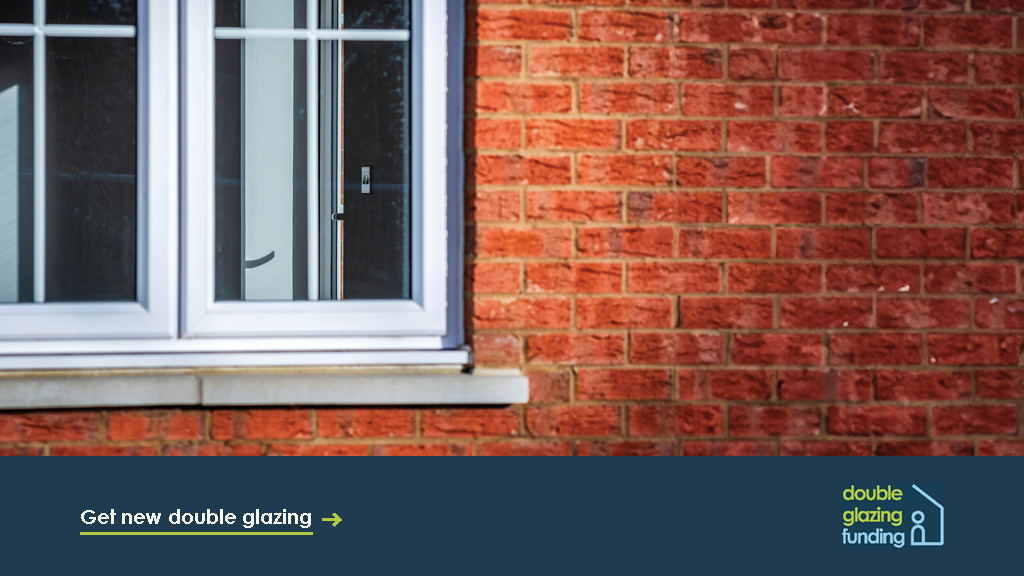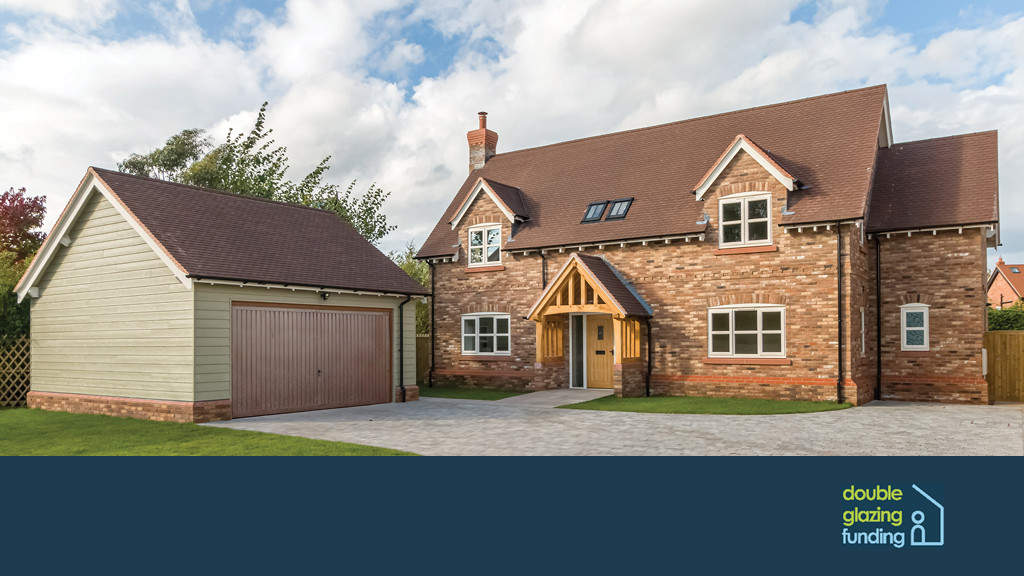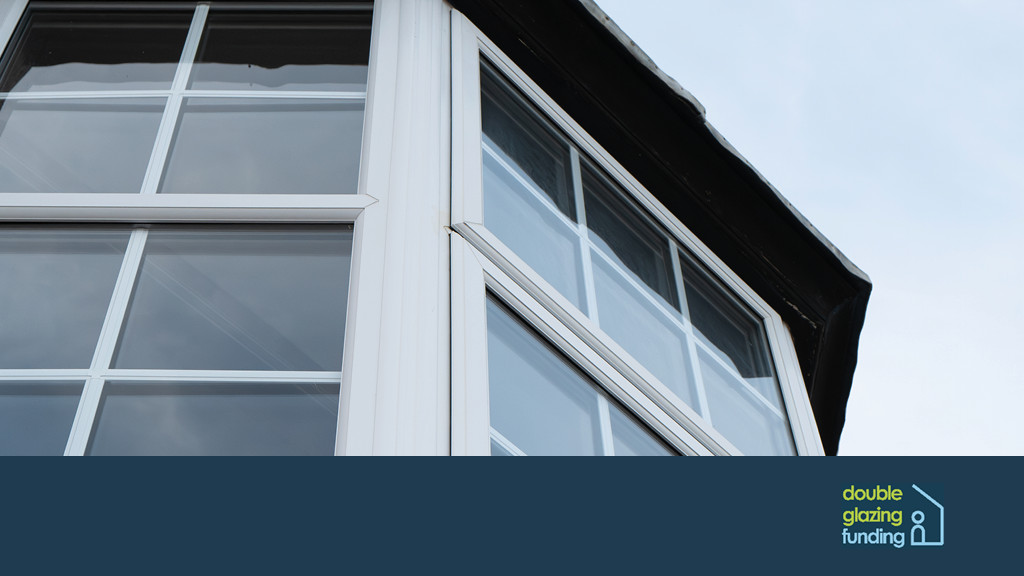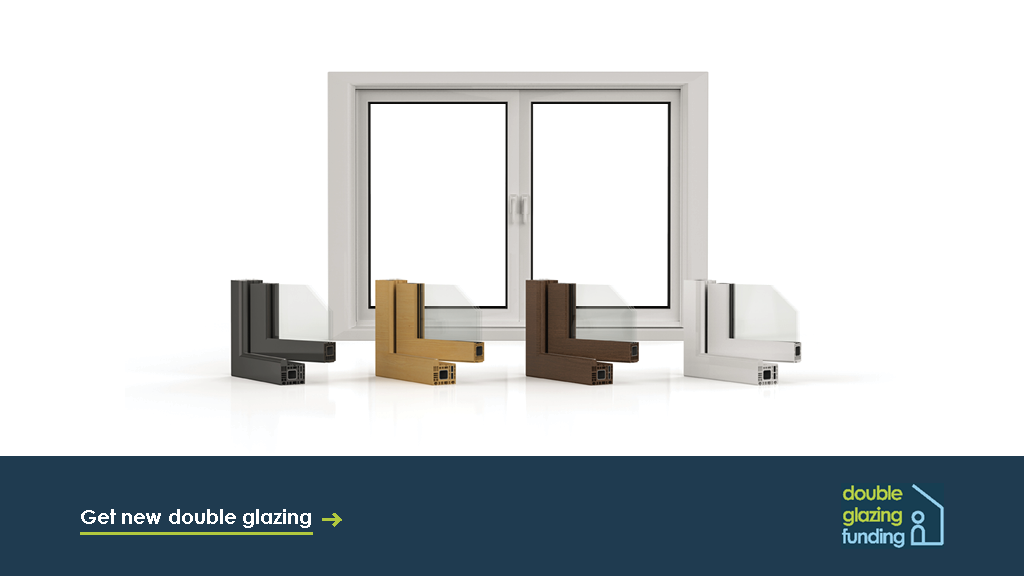If you’re upgrading your windows, you might be deciding between double glazing and triple glazing. It’s a common question, especially if you’re replacing single glazing or renovating an older property.
At first glance, the difference seems simple. Double glazing has two panes of glass. Triple glazing has three. But there’s more to consider, including how well each option insulates your home, what they cost, and how much energy they could help you save.
In this guide, we’ll explain the key differences so you can choose what works best for you. We’ll also cover how UK households can access home improvement grants to help with the cost of new energy-efficient windows.
Keep reading to compare double and triple glazing and check if you’re eligible for a grant here.

What is double glazing?
Double glazing is one of the most common window choices for UK homes. It uses two panes of glass with a sealed gap between them. This gap helps insulate your home by slowing down heat loss and reducing cold drafts.
Most new-build homes already have double glazing as a standard. It’s also a popular upgrade for older properties that still have single-glazed windows.
It’s generally very reasonably priced.
People that upgrade from single glazing to double-glazing will start to notice the impact on their electricity bills as soon as they are installed.
Pros of double glazing
More affordable than triple glazing
Reduces heat loss by up to 100%, which helps lower your energy bills
Blocks outside noise, especially useful if you live near a busy road
Widely available across the UK, and easy to install in most homes
Cons of double glazing
Less energy-efficient than triple glazing, as it has one less insulating layer
Lower security, with fewer barriers against break-ins compared to triple glazing
Shorter lifespan, and may not last as long as a triple-glazed unit

What is triple glazing?
Triple glazing is a type of modern window built for better insulation and energy efficiency. It includes three panes of glass instead of one or two.
The space between each pane is filled with argon, krypton or xenon gas. This creates a seal that reduces draughts and helps to keep heat inside your home.
Triple glazing helps lower heat loss, reduce noise from outside, and help bring down your energy bills. But like any home improvement, it comes with both advantages and disadvantages.
Pros of triple glazing
Stronger sound insulation than double glazing
Improved security, with an extra layer of glass that makes break-ins harder
Lower U-values, which means better heat retention (more about ‘U-values’)
Longer lifespan, with units that can last around 30 years
More energy efficient, which helps reduce your annual heating costs
Cons of triple glazing
Higher cost to supply and install compared to double glazing
Heavier units, which may require stronger frames or adjustments
Not always necessary for most UK homes, especially in milder regions
Which glazing type handles condensation better?
Triple glazing tends to manage condensation more effectively than double glazing. Because it has three panes of glass, the difference in temperature between the inside and outside of your home is reduced.
This helps prevent moisture from building up on or between the panes.
If you have double-glazed windows and notice regular condensation, especially between the glass layers, it may be worth looking into triple glazing.
Condensation that goes untreated can lead to damp patches, mould growth, or damage to your window frames.
However, if your current windows are in good condition and not causing any issues, there may be no need to replace them.
Which is more energy efficient: Double or triple glazing?
When comparing energy efficiency, one of the most important factors to look at is the window’s U-value. A lower U-value means better thermal performance and less heat loss through the glass.
Triple glazing usually has a lower U-value than double glazing, which means it can retain more heat. That said, for most homes in the UK, the difference in heating costs between double and triple glazing is often quite small.
It’s also worth thinking about solar gain, which is the amount of natural warmth that passes through your windows. Double glazing tends to let in more solar heat than triple glazing, which can be useful during colder months.
Triple glazing, on the other hand, blocks more of this warmth, which might reduce the natural heat boost on sunny days.
So, while triple glazing is more efficient on paper, double glazing may be better in typical UK conditions.
How much does double glazing cost?
Double glazing can cost anywhere from £2,000 to £7,000 for 4 to 10 windows. The total cost will mostly depend on the size and number of windows you need, the style you choose, and the type of glass used.
The best way to get an accurate price is to request a quote based on your specific property and requirements.
If you’re buying a new home, take a close look at the windows. If they’re already double-glazed and in good condition, that could save you money later by reducing the need for future upgrades.
What is the average cost of triple glazing?
The cost of triple glazing depends on factors like, how many windows you need, the size and style, and the quality of the materials. On average, triple glazing is more expensive than double glazing, mainly because it uses more materials and a more complex manufacturing process.
Not all installers offer triple glazing, so it may also be harder to source in some areas.
Prices vary, but to give a rough estimate: replacing around four windows in a two-bedroom flat could cost around £2,000. Larger homes with more windows will cost more.
Because the energy savings between double and triple glazing are often small, it’s worth thinking carefully about whether the higher cost of triple glazing is right for your home and budget.
The best way to get a clear figure is to request a tailored quote from a trusted installer.

How to keep costs down when replacing your windows
If you plan to replace all your windows, doing them at the same time can often cost less than replacing them in smaller batches. Installers may offer better rates for full-home projects, and it can save time on labour and fitting.
To protect your investment, always choose a company that’s registered with FENSA or the Glass and Glazing Federation (GGF). This ensures the work meets UK Building Regulations and gives you added peace of mind.

Conclusion
Choosing between double and triple glazing is a big decision. And it’s important to get it right.
Start by thinking about what matters most to you. Is it energy savings, noise reduction, long-term durability, or upfront cost?
Take time to compare quotes, review the types of glass and styles available, and consider how each option will impact your home’s comfort, running costs, and future value.
Whether you’re upgrading for better insulation or planning to sell your home later, your choice of windows can make a noticeable difference.
Both double and triple glazing are major investments, so it’s worth weighing up the pros and cons before committing.
Do you qualify for double glazing funding?
You could be eligible for help with the cost of installing energy-efficient windows. Fill out a quick funding application form and we’ll let you know what support is available.
Call us on 0330 808 1074

